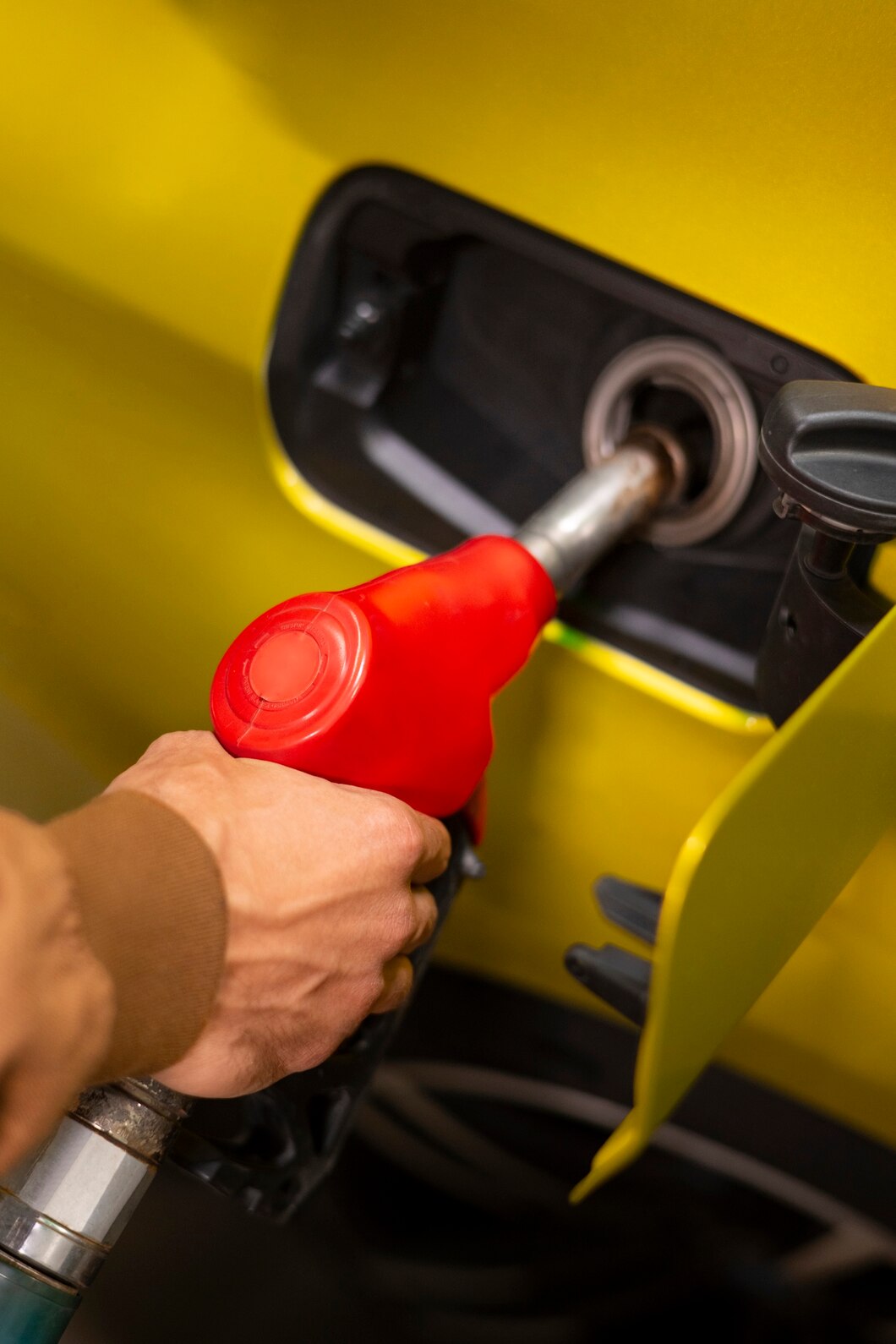Maintaining optimal fuel efficiency is not only beneficial for your wallet but also for the environment. However, as vehicles age and components wear out, it’s common for fuel efficiency to decrease gradually over time. Recognizing the early signs of declining fuel efficiency can help you address underlying issues promptly and improve the overall performance of your vehicle. Here are some key indicators to watch out for:
- Decreased Miles Per Gallon (MPG): One of the most apparent signs of diminishing fuel efficiency is a decrease in miles per gallon. If you notice that you’re getting fewer miles out of a tank of gas than usual, it could indicate that your vehicle is burning more fuel than necessary. Keep track of your vehicle’s fuel economy over time and monitor for any significant changes.
- Increased Frequency of Refueling: If you find yourself filling up your gas tank more frequently than before, despite driving similar distances, it could be a sign of reduced fuel efficiency. Pay attention to how often you need to refuel and consider whether there has been a noticeable increase in fuel consumption over time.
- Reduced Engine Performance: Declining fuel efficiency often accompanies a decrease in engine performance. If you notice sluggish acceleration, reduced power, or difficulty maintaining speed, it could indicate issues with fuel delivery, combustion, or engine management systems. Addressing these performance issues can help improve fuel efficiency and overall driving experience.
- Check Engine Light: The illumination of the check engine light on your dashboard can be a warning sign of various issues affecting fuel efficiency, such as faulty oxygen sensors, clogged fuel injectors, or malfunctioning engine components. If the check engine light comes on, have your vehicle inspected by a qualified mechanic to diagnose and address the underlying problem.
- Unusual Exhaust Emissions: Changes in exhaust emissions can provide valuable clues about your vehicle’s fuel efficiency. If you notice excessive smoke, unusual odors, or irregular exhaust patterns, it could indicate issues with fuel combustion, engine tuning, or emissions control systems. Any significant changes in exhaust emissions should be investigated promptly.
- Underinflated Tires: Improper tire pressure can significantly affect fuel efficiency, as underinflated tires create more rolling resistance and consume more fuel. Regularly check your tire pressure and ensure that your tires are properly inflated according to the manufacturer’s recommendations. Proper tire maintenance can help improve fuel efficiency and extend tire life.
- Dirty Air Filters: A dirty or clogged air filter can restrict airflow to the engine, leading to inefficient combustion and reduced fuel efficiency. Inspect your vehicle’s air filter regularly and replace it if it appears dirty or contaminated. A clean air filter ensures that your engine receives an optimal air-fuel mixture for efficient combustion.
- Excessive Idling: Excessive idling consumes fuel unnecessarily and can contribute to decreased fuel efficiency over time. Minimize idling whenever possible, especially during extended periods of inactivity. Turning off the engine when parked or waiting can help conserve fuel and reduce fuel consumption.
By staying vigilant and proactive in monitoring your vehicle’s fuel efficiency, you can identify and address issues early to maintain optimal performance and save money on fuel costs. If you notice any of these early signs of declining fuel efficiency, consult with a qualified mechanic to diagnose and resolve the underlying problems promptly. With proper maintenance and attention to fuel-saving driving habits, you can maximize the fuel efficiency of your vehicle and enjoy more economical and environmentally friendly driving.











